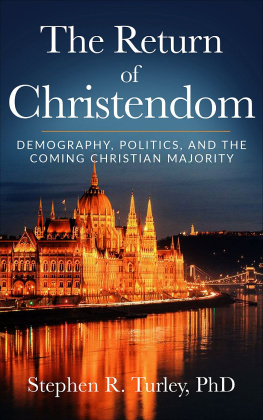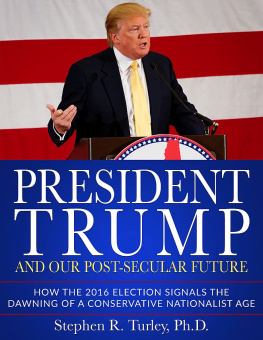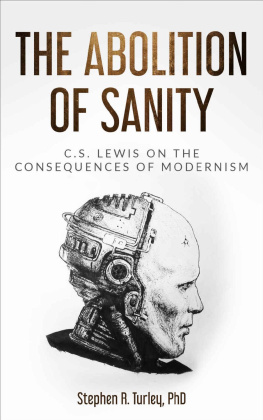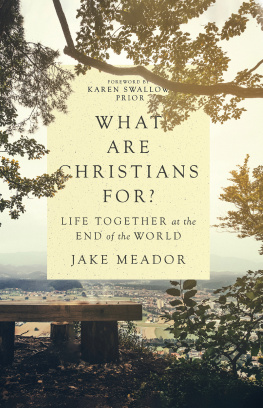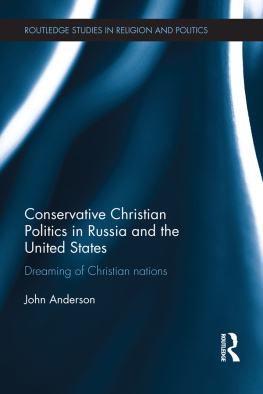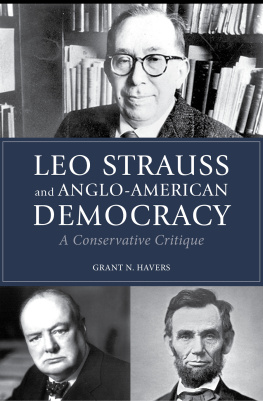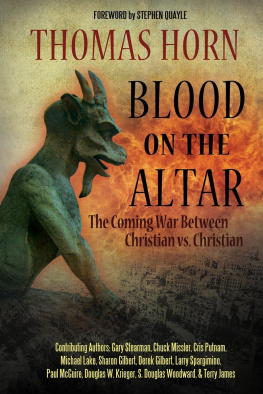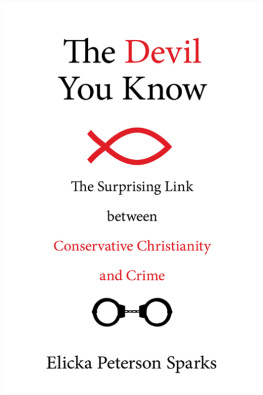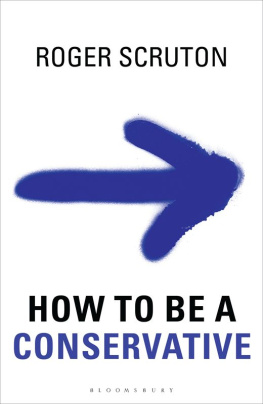The Return of Christendom: Demography, Politics, and the Coming Christian Majority
Dr. Steve Turley
Published by Turley Talks, 2019.
Also by Dr. Steve Turley
Classical vs. Modern Education: A Vision from C.S. Lewis
The Return of Christendom: Demography, Politics, and the Coming Christian Majority
Ever After: How to Overcome Cynical Students with the Role of Wonder in Education
Movies and the Moral Imagination: Finding Paradise in Films
President Trump and Our Post-Secular Future: How the 2016 Election Signals the Dawning of a Conservative Nationalist Age
The New Nationalism: How the Populist Right is Defeating Globalism and Awakening a New Political Order
The Triumph of Tradition: How the Resurgence of Religion is Reawakening a Conservative World
Watch for more at Dr. Steve Turleys site.
The Return of Christendom
Demography, Politics, and
the Coming Christian Majority
Stephen R. Turley, Ph.D.

A New Conservative Age is Rising
www.TurleyTalks.com
Copyright 2019 by Dr. Steve Turley. All Rights Reserved.
ISBN - 9781796658705
No part of this publication may be reproduced, stored in a retrieval system, or transmitted in any form or by any means, electronic, mechanical, photocopying, recording, scanning, or otherwise, except as permitted under Section 107 or 108 of the 1967 United States Copyright Act, without either the prior written permission of the author, or authorization through payment of the appropriate per-copy fee to the Copyright Clearance Center, Inc., 222 Rosewood Drive, Danvers, MA 01023, (978) 750-8400, or on the web at www.copyright.com. Requests to the author for permission should be addressed to .
INTRODUCTION
The Return of Christendom
Everywhere one looks today in the West, it appears that proponents of secular liberalism are celebrating another social victory lap. So-called same-sex marriage, over 50 self-identifying gender options on Facebook, lawsuits against Christian bakers and florists, gender neutral public restroom laws, abortion on demand, collectively constitute a daily reminder that our world is changing in ways unimaginable just a few decades back. For those of us who believe that our historic customs, cultures, and religious traditions represent faithful visions of the true, the good, and the beautiful in ways indispensable to the cultivation of wisdom and virtue, this brave new world appears increasingly alien. Many of us feel like strangers in our own countries. At work, we cant open our mouths without the fear of potentially being fired from our jobs because our comments were deemed offensive, bigoted, or homophobic.
I want to argue that there is a radically different way of looking at our current context. I believe these rather distressing predictions are contradicted by an astonishing backlash currently underway throughout the West that does not indicate a defeat but a renewal; not a death but a rebirth. I want to argue that we are actually seeing nothing less than a conservative Christian resurgence in our demographics and politics that promises not suicide but rather the salvation of the West.
The Return of Religion
A growing number of journalists and scholars are observing that religious nationalism is making a comeback. A quick internet search reveals articles such as How Religion Made a Global Comeback in 2017, The Rise of Religious Nationalism in India, Christian Nationalism in Your Statehouse, and so on. A recent article published in The Atlantic The author notes that the religious focus of Trumps administration was on full display in his first international trip as president, where he visited Jerusalem, Riyadh, and Rome framed explicitly as a world tour of the Abrahamic religions.
The Trump administration is hardly unique in this respect. In Central Europe, Polands Catholic bishops recently held a formal ceremony before their president declaring Jesus Christ as King and Lord over their nation; and the Hungarian Prime Minister, Viktor Orban, has proclaimed Hungary a Christian Democracy dedicated to defending Christian civilization over and against the secular globalization represented by the European Union. Eastern European nations such as Georgia have reintroduced Orthodox Christianity back into their public-school curriculum, and Igor Dodon, president of Moldova, has recommitted his nation to the supremacy of Christian values. In post-Soviet Russia, the Russian Orthodox Church has risen to a political prominence not seen since the days of the tsars. And even in the Pacific, officials in Samoa have declared their island a Christian nation by revising their constitution as dedicated explicitly to the Holy Trinity.
A Re-Christianized Europe?
These recent developments may seem rather surprising given that scholars have thus far focused more on the geographic relocation of Christianity away There is, in fact, a very significant undercurrent of growing Christian sentiment in the geographic West that appears to be driven by at least two dominant dynamics. First, there is an extraordinary demographic revolution taking place that is significantly changing the religious complexion of the West in favor of conservative Christian values, and secondly, there is growing political discontent with the secularized globalist world order, accompanied by a marked return to traditional values and ways of life. We can see these two developments as the consequences of the inherent futilities or contradictions within secularized globalization, twin futilities that will be helpful to briefly explore.
Globalization and Its Demographic Resistance
As such, globalization reorganizes the world according to a number of specific characteristics that are uniquely transnational and translocal. Think, for example, of your local mall; in one sense, the mass shopping complex is, in fact, local in terms of its proximity to consumers, but notice that the retail outlets that comprise the various stores at a mall are not local but rather national and international chains and brand names. This is especially the case with the latest releases at the movie theater or the offerings at the food court. This is disembedding: from the ubiquity of Made in China imprints on our products and consumables, to the mass influx of immigrant labor, both legal and illegal, and the ever-increasing Orlando-ization of our urban and suburban landscapes by chains and franchises; our lives are increasingly defined and interpreted by translocal economic and social processes.
However, it is not merely economic processes that have been arrested from provincial control; such dislodging also involves localized customs, traditions, languages, and religions. Whereas pre-modern societies are characterized generally by provincial beliefs and practices considered sacred and absolute, globalized societies offer a range of consumer-based options that call into question the sanctity of local beliefs and practices, relativizing them to a global food court of many other creedal alternatives.
This social order of consumer-based options tends to forge a new conception of the human person as a sovereign individual who exercises control over his or her own life circumstances. Traditional social structures and arrangements are generally fixed in terms of key identity markers such as gender, sexual orientation, and religious affiliation. But globalized societies, because of the wide array of options, see this fixedness as restrictive. And so traditional morals and customs tend to give way to what we called lifestyle values . Lifestyle values operate according to a plurality of what sociologist Peter Berger defines as life-worlds, wherein each individual practices whatever belief system deemed most plausible by him or her. These belief systems include everything from religious identity to gender identity and, of course, marriage.

